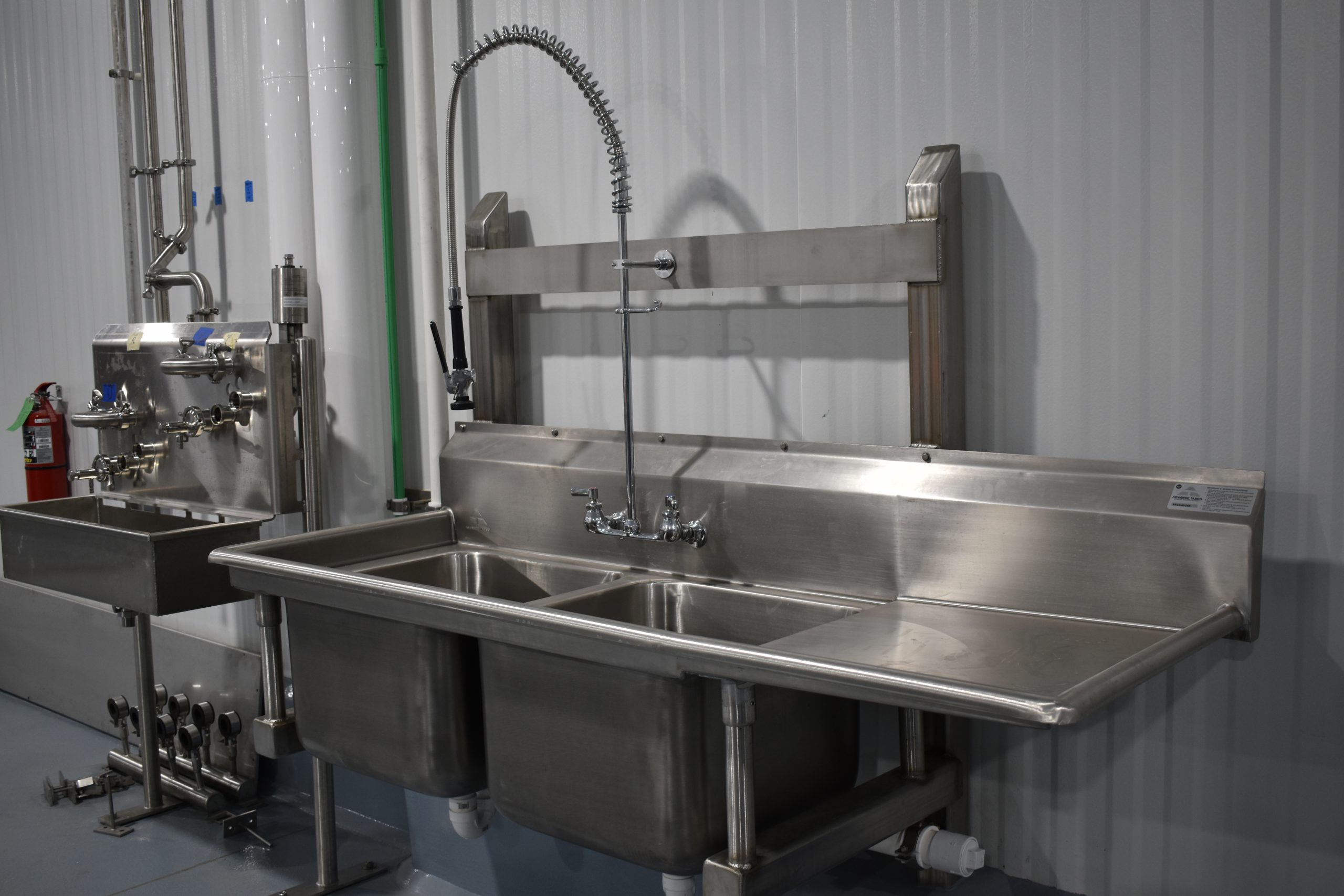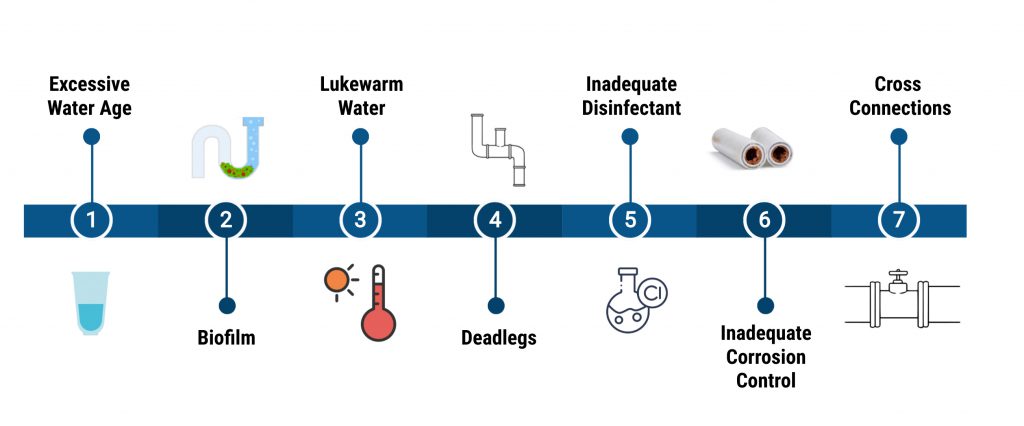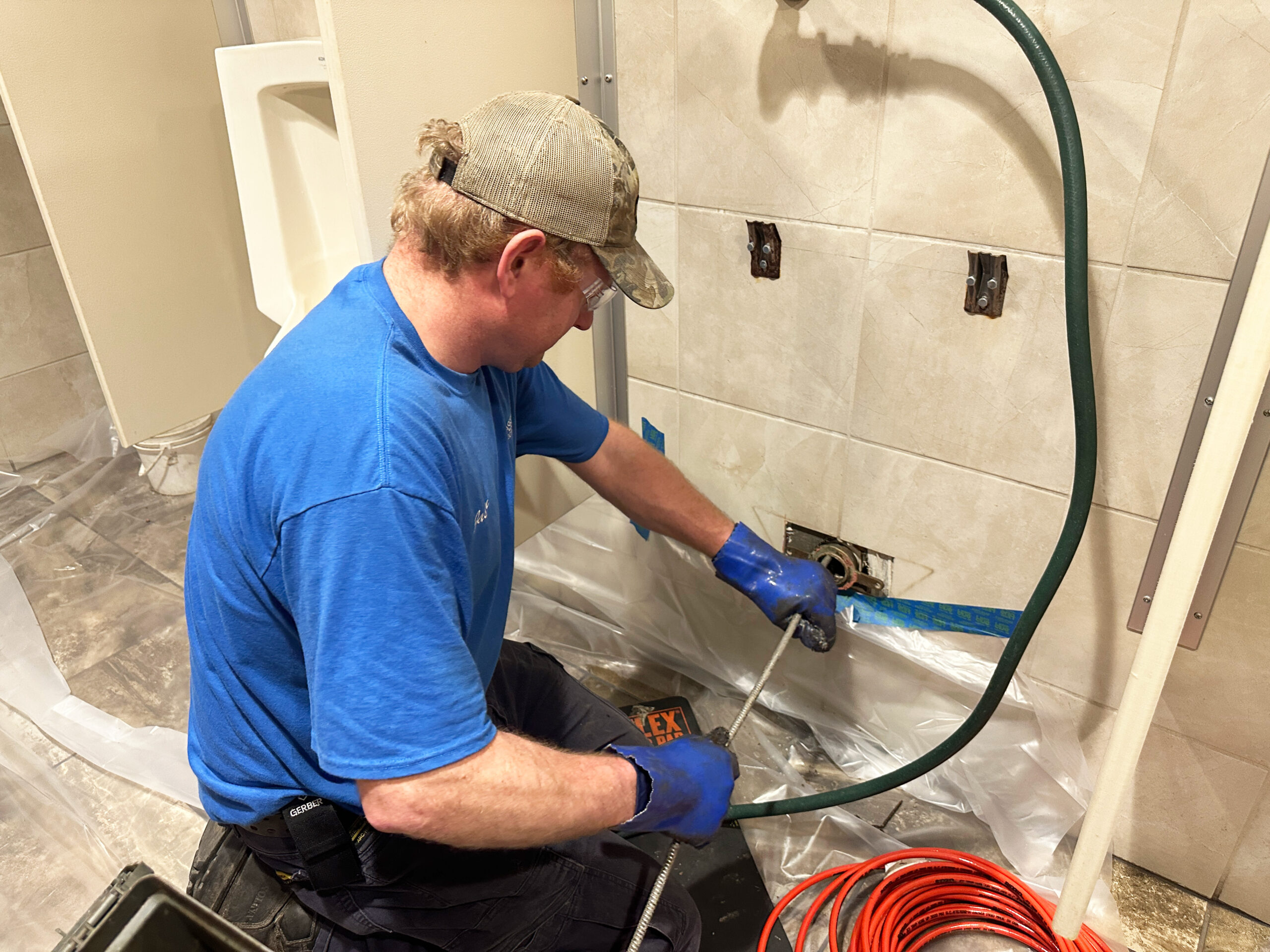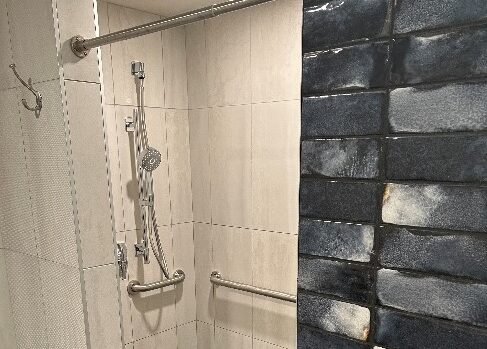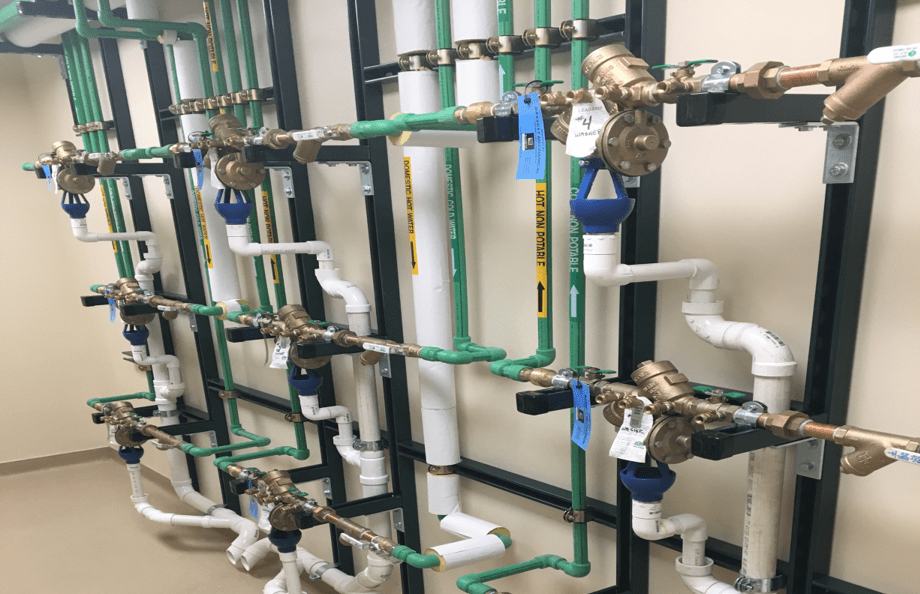There is no one-size-fits-all approach to addressing Legionella concerns in plumbing systems. Most identified outbreaks are in buildings with large water systems, such as hotels, long-term care facilities, hospitals, and industrial facilities. However, in the past year due to COVID-19, the concern for Legionella has grown along with a heightened importance for building owners and industry leaders to become more focused on solutions and opportunities to mitigate this concern.
THE GROWTH OF LEGIONELLA
Legionnaires’ Disease is a form of bacterial pneumonia named after a deadly 1976 outbreak at an American Legion Convention in Philadelphia. According to the Occupational Safety & Health Administration, it becomes a potentially deadly human health hazard when it grows in places such as poorly maintained domestic and industrial water systems, cooling towers, or heating, ventilation, and air condition (HVAC) systems.
There are several key elements that can promote the growth of Legionella including excessive water age, biofilm, lukewarm water, “dead legs,” inadequate disinfectant, inadequate corrosion control, and cross connections.
PREVENTING THE SPREAD
9 in 10 CDC investigations show almost all outbreaks were caused by problems preventable with more effective water management. With ANSI/ASHRAE Standard 188-2018, Legionella water management programs are now an industry standard for large buildings in the United States.
9 in 10 CDC investigations show almost all outbreaks were caused by problems preventable with more effective water management.
Plumbing experts are trained and certified on safely identifying and managing potential situations where occupants of a building may be exposed to bloodborne, waterborne, and airborne pathogens.
To reduce your building’s risk for growing and spreading Legionella, it’s important to have a water management program in place.
A water management program is established by plumbing experts taking the following steps:
- Completing a building water system risk assessment.
- Evaluating the water system’s water lines, dead legs, hot water circulation system, etc.
- Identifying areas where Legionella could grow and spread and assigning risk groups – Least Risk, Medium Risk, High Risk or Highest Risk.
- Providing recommendations on what measures need to be taken. It may be suggested to control the spread by chlorine injection, boosting the water temperature, or Ultraviolet lighting, to name a few.
- Establishing a preventative maintenance plan. Depending on the risk level of your building water system, your plan could include simple monitoring of cold and hot water temperatures of faucets or monitoring and maintaining drift eliminators on cooling towers.
Building systems are dynamic. It is important to plan for your monitoring results to vary over time and be prepared to apply corrective actions as needed.
ACT NOW
![]() The pandemic resulted in a mandated closure of many businesses, resulting in buildings sitting idle for months. Now more than ever it’s important for buildings to develop a comprehensive water management program for each building water system.
The pandemic resulted in a mandated closure of many businesses, resulting in buildings sitting idle for months. Now more than ever it’s important for buildings to develop a comprehensive water management program for each building water system.
Remember, any time there is a suspected case of Legionnaires’ disease associated with your building you should:
- Contact your local and/or state health department or work with them if they contact you
- Notify anyone who could be affected by the growth and spread of Legionella in your building
- Decontaminate the building water systems if necessary
- Work with an expert plumbing provider to review the water management program and revise it, if necessary
MAKE IT A PRIORITY
Today, there is a new focus on legionella prevention as early as the design and commissioning phase. While each building is unique, and Legionella can grow and spread in many areas of a building, the design of plumbing systems in commercial and industrial buildings will play a vital role in preventing Legionella. It’s hard to prioritize something that is not visible to the naked eye; however, it’s necessary for building owners and managers along with industry leaders to stay ahead of the topic.
A proactive approach is necessary to reduce the risk of Legionella growth by reviewing or developing a water management program. With Bassett Mechanical’s plumbing expertise, we can provide the knowledge and plans you need to help prevent future Legionella concerns and support the safety and health of your facility.

